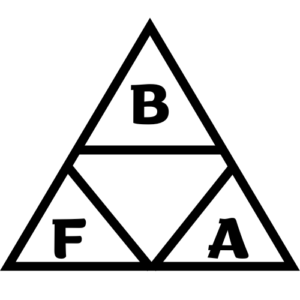Importance of Diploma Exam
The BFA Diploma in Painting exams, spanning 22 years, stand as a celebration of youthful artistic expression. Beyond assessing technical skills, the exams nurture critical thinking, creativity, and personal growth. The internationally recognized certificates issued on merit provide a solid foundation for diverse future paths.
While the exams might not predetermine success, they offer a structured artistic education. A strong portfolio from these exams can bolster art school admissions or lead to careers in design, illustration, and fine arts. In our country, such diplomas hold sway in DU admissions under the ECA Quota, influencing cut-off percentages.
On a global scale, drawing exam grades can significantly impact admission to prestigious art schools, eligibility for scholarships, and job opportunities in competitive artistic fields. Recognizing the triple purpose of education—preparing for careers, fostering citizenship, and cultivating appreciation for beauty— fine arts education contributes not just to academic growth but also nurtures emotional intelligence and a profound connection with the world.
Importance of Fine Arts Education
In a world dominated by constant connectivity and status-oriented education, the significance of fine arts education often takes a back seat. While society tends to prioritize professions like medicine, engineering, and civil services, the importance of art as a passionate pursuit is overlooked, reducing it to a mere means of relaxation.
Contrary to this trend, studies consistently demonstrate that students engaged in the arts exhibit enhanced intelligence and proficiency compared to their counterparts with little interest in art. According to the Arts Education Partnership in 2002, exposure to art in schools correlates with increased proficiency in reading, writing, and math—a trend that persists in recent findings.
Regrettably, contemporary schools seem to undervalue the role of fine arts education, prioritizing financial growth over holistic development. The proven benefits of fine arts education extend beyond academic achievements to encompass skill development, civic engagement, improved social relationships, and increased opportunities for participating children— an essential set of skills for a nation’s youth.
As education serves a triple purpose—preparing individuals for careers, fostering citizenship, and cultivating appreciation for beauty—fine arts education holds equal importance. Encouraging children to embrace nature, observe their surroundings, and engage with real-life experiences, it not only contributes to academic growth but also nurtures emotional intelligence and a deeper connection with the world.
